 Instructor
Instructor
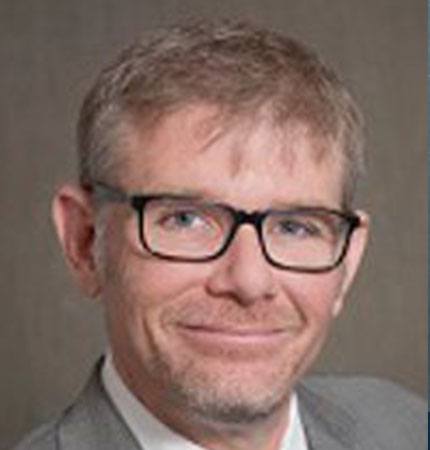
Kip R. Memmott
 Salem, OR
Salem, OR
Kip has approximately thirty years of auditing, consulting, and training experience at the international, federal, state, local government and private sector levels. Kip’s professional positions include Audits Director for the Oregon Secretary of State’s Office, which is the state auditor function, Chief Audit Executive for the Oregon State Treasury, Director of Audit Services for the City and County of Denver, Colorado, Audit Manager with the County of San Diego, California, Performance Audit Supervisor with the State of Arizona’s Office of the Auditor General, and as a Senior Consultant with KPMG LLP. He holds a Bachelor of Arts degree from the University of Utah and a Master of Arts degree with a certificate in Public History from Arizona State University.
Kip is a graduate from the Harvard University Kennedy School of Government’s Executives in State and Local Government executive education program and has earned a Certificate in Public Leadership from the Brookings Institute. Kip currently serves on the Institute of Internal Auditors’ (IIA) Public Sector Advisory Committee (PSAC) and is the Chair of the Executive Committee for the Pacific Northwest Intergovernmental Audit Forum (PNIAF). He previously served on the Association of Local Government Auditors’ (ALGA) Governing Board.
Kip has been formally recognized several times for his excellent work performance. In both 2020 and 2019, the Oregon Secretary of State received the National State Auditors Association’s (NSAA) Excellence in Accountability Award for high impact performance audits examining Oregon’s prescription drug monitoring program (2020) and foster care system (2019) and received NSAA’s Special Project Award in 2018 for an innovative Medicaid Auditor Alert. In 2016, 2015, 2014, and 2013, performance audits he directed received Knighton Awards for performance audit excellence from the Association of Local Government Auditors. Additionally, in 2014, the Institute of Internal Auditors identified the City and County of Denver, Colorado’s Auditor’s Office as one of eleven best practice audit functions for major cities in the United States and Canada.
Kip has provided numerous trainings and presentations to professional groups including, among others, the Federated States of Micronesia, Institute of Internal Auditors, the Intergovernmental Audit Forum, the Association of Local Government Auditors, the Association of Government Accountants, the National State Auditors Association, the American Society for Public Administration, the Governing Institute, Financial Executives International, the Navajo Nation, the Texas State Auditor Conference, and Arizona State University.
 Past Courses
Past Courses
4:00 p.m. to 6:00 p.m.
Hawaii (GMT-10)
Other
Government auditors need to continually deploy strategies to ensure their audit work results in maximum impact and value. This session previews four innovative performance auditing portfolios that demonstrate the power and potential f non-traditional performance auditing scope and objective areas including auditing culture (tone at the top and middle), auditing equity, execute real-time auditing, and deploying advisory service. The session includes case examples highlighting each of the innovative audit portfolios and includes cost-benefit and other strategic considerations for deploying these innovative practices.
1:00 p.m. to 6:00 p.m.
Hawaii (GMT-10)
Other
The increasingly complex and unprecedented nature of risks and challenges facing government, exacerbated by the pandemic, the widespread dissemination of mis, dis, and mal-information in the public square eroding public trust, and the rapidly evolving nature of auditing tools, technologies, and workforce changes, presents and requires new strategies and approaches. This four-hour session focuses on strategies for effectively navigating a new day for public auditors including the use of advanced risk assessment methods, the utilization of a diverse portfolio of audit products, including advisory reports, and fresh ideas for leading auditors in a post-pandemic hybrid working environment, during a generational shift occurring in the workforce. The course will use case examples to highlight key concepts and to foster group discussion.
4:00 p.m. to 6:00 p.m.
Hawaii (GMT-10)
Other
Performance auditing is both and art and a science. Performance auditors are generalists who deploy advanced interdisciplinary based methodologies and tools to “interpret realty” in order to execute effective root cause analysis necessary to develop objective audit conclusions and strong recommendations. This session “audits” common and emergent performance audit methodologies including the strengths and weaknesses of methods and strategic cost-benefit considerations. Learning objectives include a discussion of standards of evidence, auditor competency and skill requirements as well as the importance of investing in tools. The session highlights data analytics as a powerful and emergent tool in the auditor tool belt and highlights several case examples including an entertaining story about how auditors brought down a fraud scheme in Oregon.
4:00 p.m. to 6:00 p.m.
Hawaii (GMT-10)
Other
Public sector auditors are experts at helping their government organizations improve their operational cultures, control environments, and services. Yet, audit organizations are not always as focused on strengthening their own internal cultures, internal controls, and services. This session presents ideas for developing and deploying effective continuous improvement and change management activities within audit organizations and includes three entertaining audit organization change management case examples as well as learning objectives focused on auditing in a post-pandemic world.
8:00 a.m. to 12:00 p.m.
CNMI (GMT+10)
Other
8:00 a.m. to 12:00 p.m.
CNMI (GMT+10)
Other
2:00 p.m. to 5:00 p.m.
Hawaii (GMT-10)
Other
The course covers the impact and value potential of government performance auditing in a comprehensive approach over three three-hour days (9 CPE). Using a wide range of examples and case studies, participants will be able to apply course concepts to their audit work immediately. The course will emphasize concepts and ideas related to the impact of the COVID-19 pandemic, political and social unrest in the United States, and technological innovation on government auditing.
The course will allow participants to share examples and ask real-time questions through the virtual format. The primary focus of the training is for government auditors to enhance the value and impact of their important performance audit work. The course is intended for all levels of audit experience.
8:00 a.m. to 5:00 p.m.
Pohnpei (GMT+11)
FSM National Government
Performance auditing is an important and unique transparency and accountability tool within government
8:30 a.m. to 4:30 p.m.
CNMI (GMT+10)
Guam
Performance auditing is an important and unique transparency and accountability tool within government
 Other Instructors
Other Instructors

Robert Adachi
Oakland, California
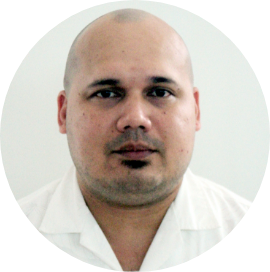
Bernard Adiniwin
Republic of Marshall Islands
.png)
David Apatang
Saipan, CNMI

Michael Barsabal
Philippines

Margie P. Bastolla
Orlando, FL
_(1).png)
David Bean
Springfield, Illinois

Katelyn Bell
Denver, CO

Jeffrey Berlin
Hawaii

Michael Binder
Washington, District of Columbia
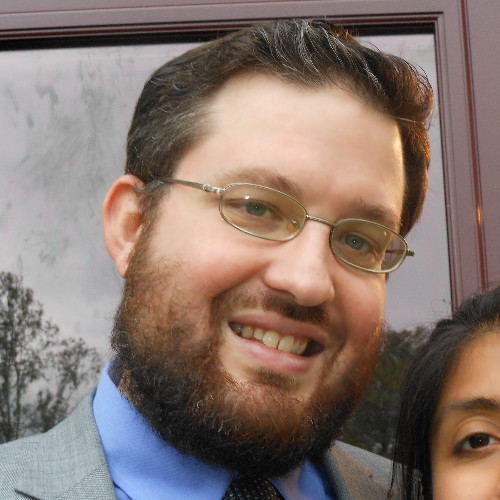
Michael Bingham
Washington DC
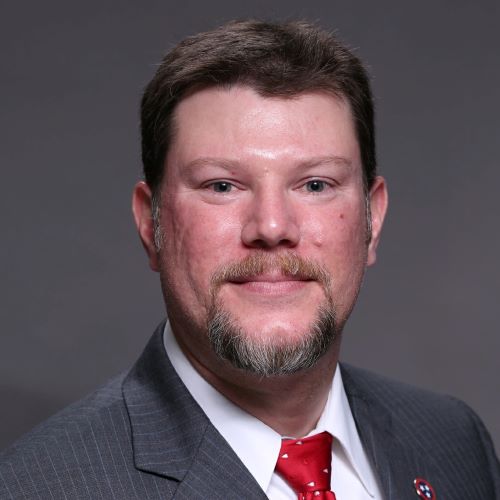
Gerry Boaz, CPA, CGFM, CGMA
Tennessee

Scott Cahoon
Guam
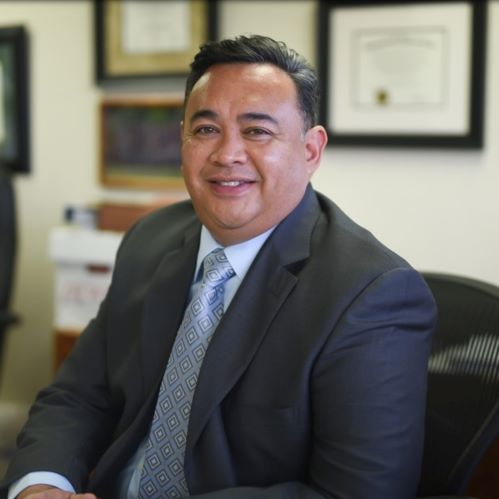
Vince Camacho, Esq.
Guam
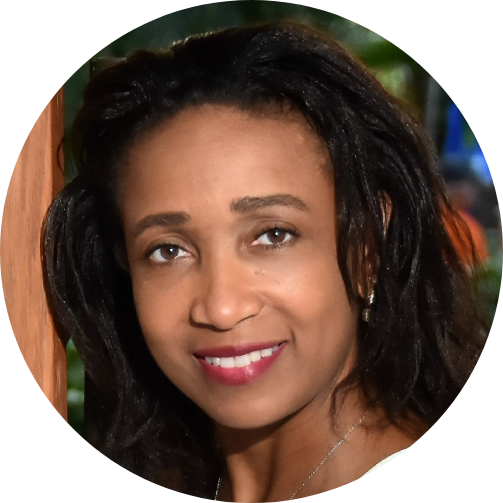
Clarissa Corbin, PMP
Williamsburg, Virginia

Frank Crawford
Oklahoma City, Oklahoma
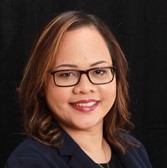
Doreen Crisostomo, Ph.D., CGFM, CFE, CICA
Guam

Benjamin Cruz, JD
Guam
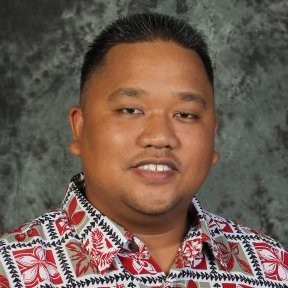
Angel A. Demapan
Saipan, CNMI
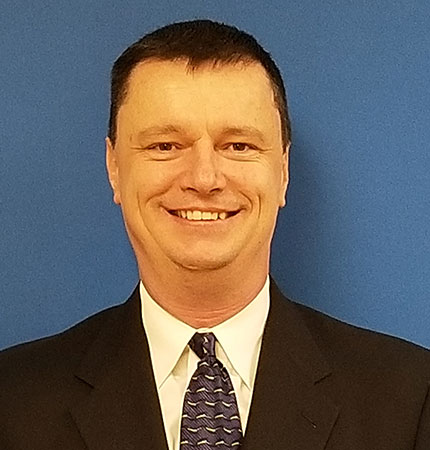
Steve Determan
Lakewood, CO

Vince Duenas
Guam
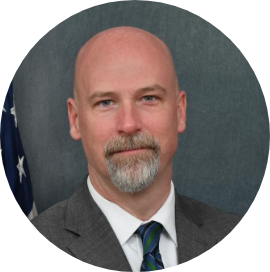
Matt Elliott
Washington, DC
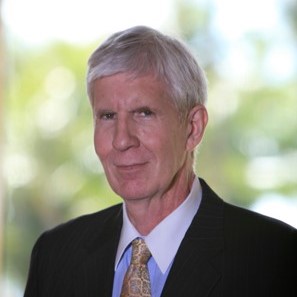
Daniel Fitzgerald, CPA
Guam

Emil Friberg
Washington, DC

Mark Funkhouser
West Virginia

Glenn Furuya
Honolulu, Hawaii
3.png)
Mark Lee Greenblatt
Washington, D.C.
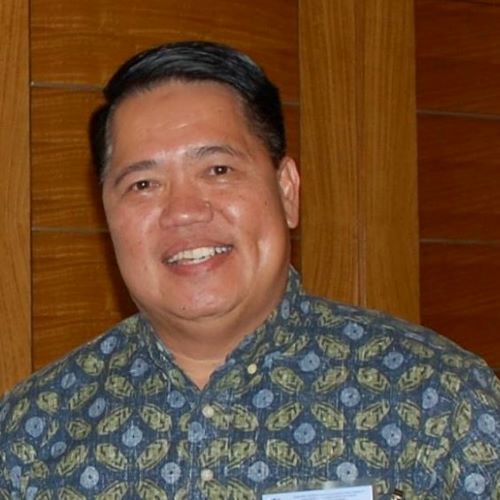
Jose Guevara, III, CGFM, PMP, MBA
Guam

Manny Hechanova
Guam

Yuka Hechanova, CPA, CIA, CGFM, CGAP, CGMA
Guam

Jerrick Hernandez, MA, CGAP, CICA
Guam

Artemio "Ricky" Hernandez, Ph.D., CGFM
Guam
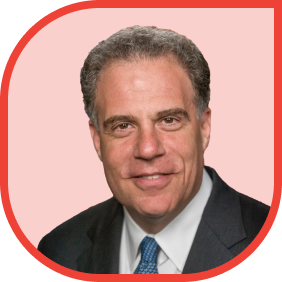
Michael E. Horowitz
Washington DC

David House
Denver, Colorado
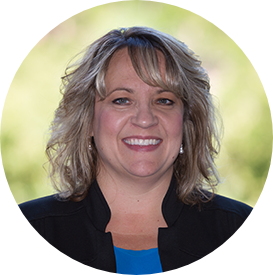
Kerri Hunter
Denver, CO

William Hunter
Saipan, CNMI

Le'Angela Ingram
Baltimore, MD
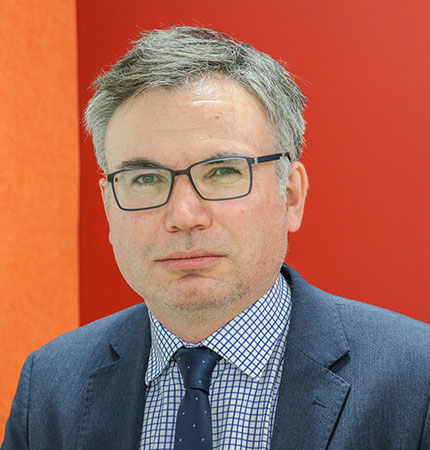
Nick Johnston
Auckland, NZ
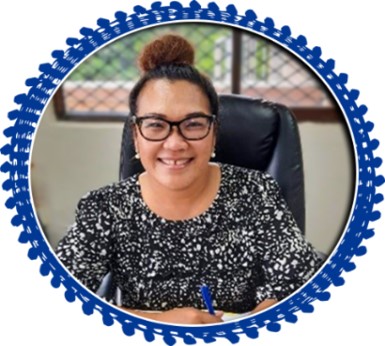
Kino Kabua
Republic of Marshall Islands
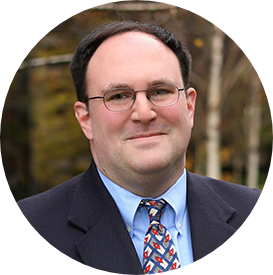
Drummond Kahn
Portland, Oregon
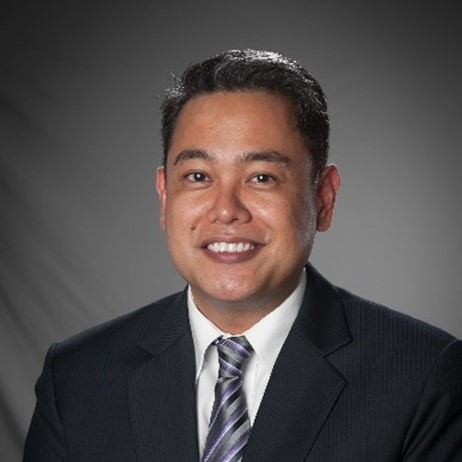
Jason Katigbak, CPA, CIA, CFE, CGMA
Guam

Karden Kelly
Anchorage, AK

Muhammad Khalid
Punjab
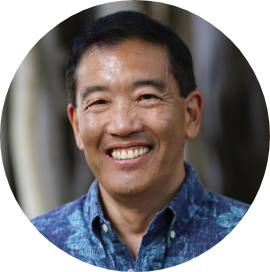
Les Kondo
Honolulu, HI
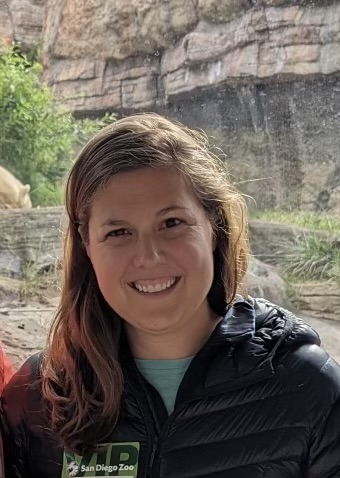
Katharine Kovacek
Denver, Colorado

Dan Kowalski
Ogden, NJ
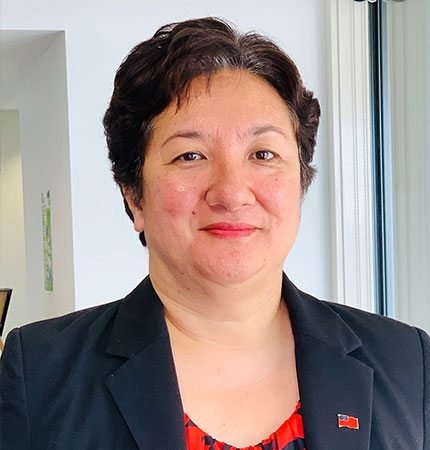
Esther Lameko-Poutoa
Auckland, New Zealand

Robert Lavigna
Madison, Wisconsin

Amin Leiman, PMP, CPC, SDC, SMC, CISA, ,MSBA, MBA
Los Angeles, California
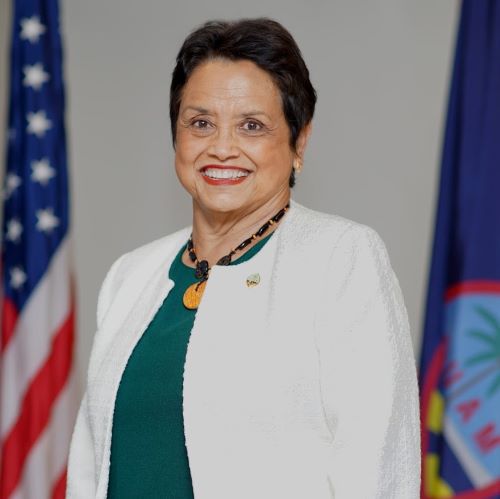
Lourdes A. Leon Guerrero
Guam
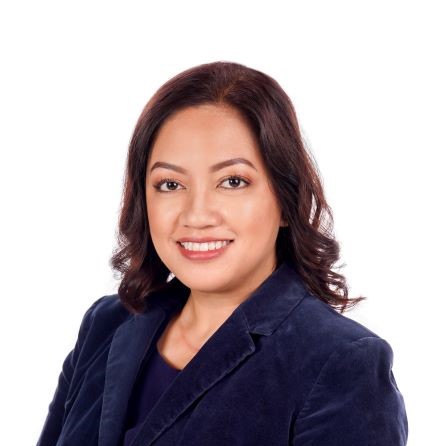
Daphne Leon Guerrero, SHRM-SCP, CAPM
Guam

Stefani S. Levesque
Denver, CO

Sarah Markley
Auckland, NZ

Anna Mendiola
FSM National
-modified1.png)
Debbie Milks
Lawrence, Kansas

Nicki Miller
Washington, DC

Jason Mitchell
Pago Pago, AS

Billy Morehead, Ph.D., CPA, CGFM
Madison, MS

Mark Morgan, Ph.D., CPA, CFE
Madison, MS
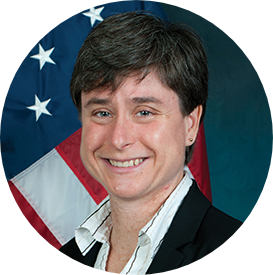
Susan Murphy
Boston, MA
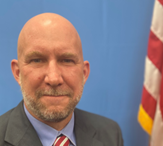
Eric S. O'Malley
Saipan, CNMI

Mary Okada, Ed.D.
Guam
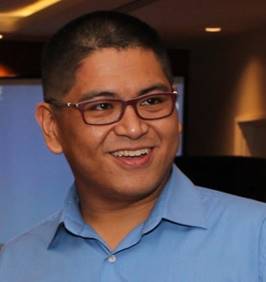
Rizalito "RG" Paglingayen, CPA
Guam
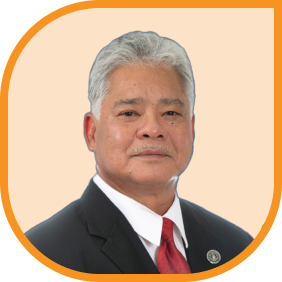
Arnold Palacios
Saipan, CNMI

Pilar Pangelinan
Guam
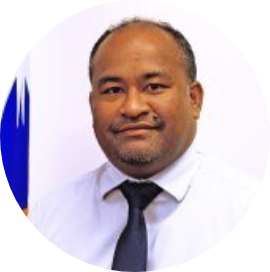
Junior Patrick
Republic of Marshall Islands
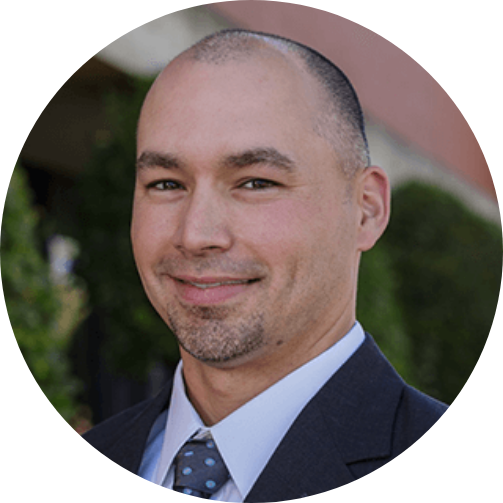
Christopher Pembrook
Oklahoma City, OK
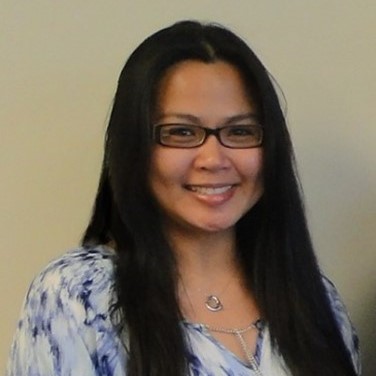
Maripaz Perez, CGFM, CGAP, CICA, CIA, CFE
Guam

Lillian Perez-Posadas, MN, RN
Guam

Skip Polson
Durham, NC
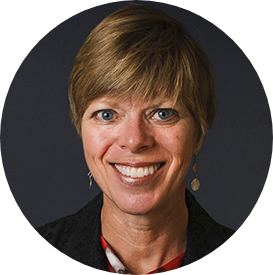
Dianne Ray
Denver, CO
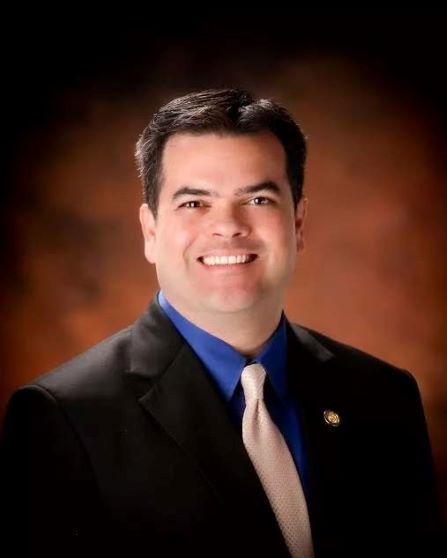
Rory J. Respicio
Guam
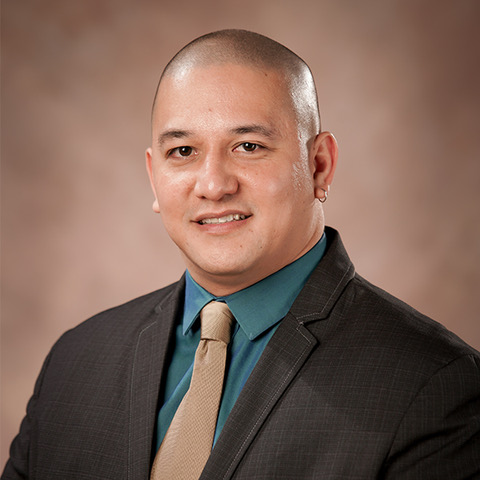
John J. Rivera, Ph.D., AIF, CFE, CM, SHRM-SCP
Guam
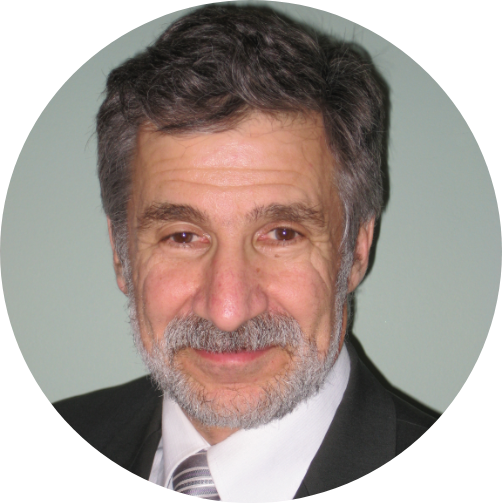
Martin Ruben
Charlottetown, PEI

David Rykken
Washington, DC
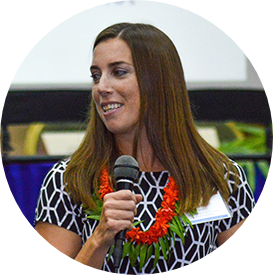
Beth Schubert
Denver, Colorado

Kathleen Sedney
Washington DC
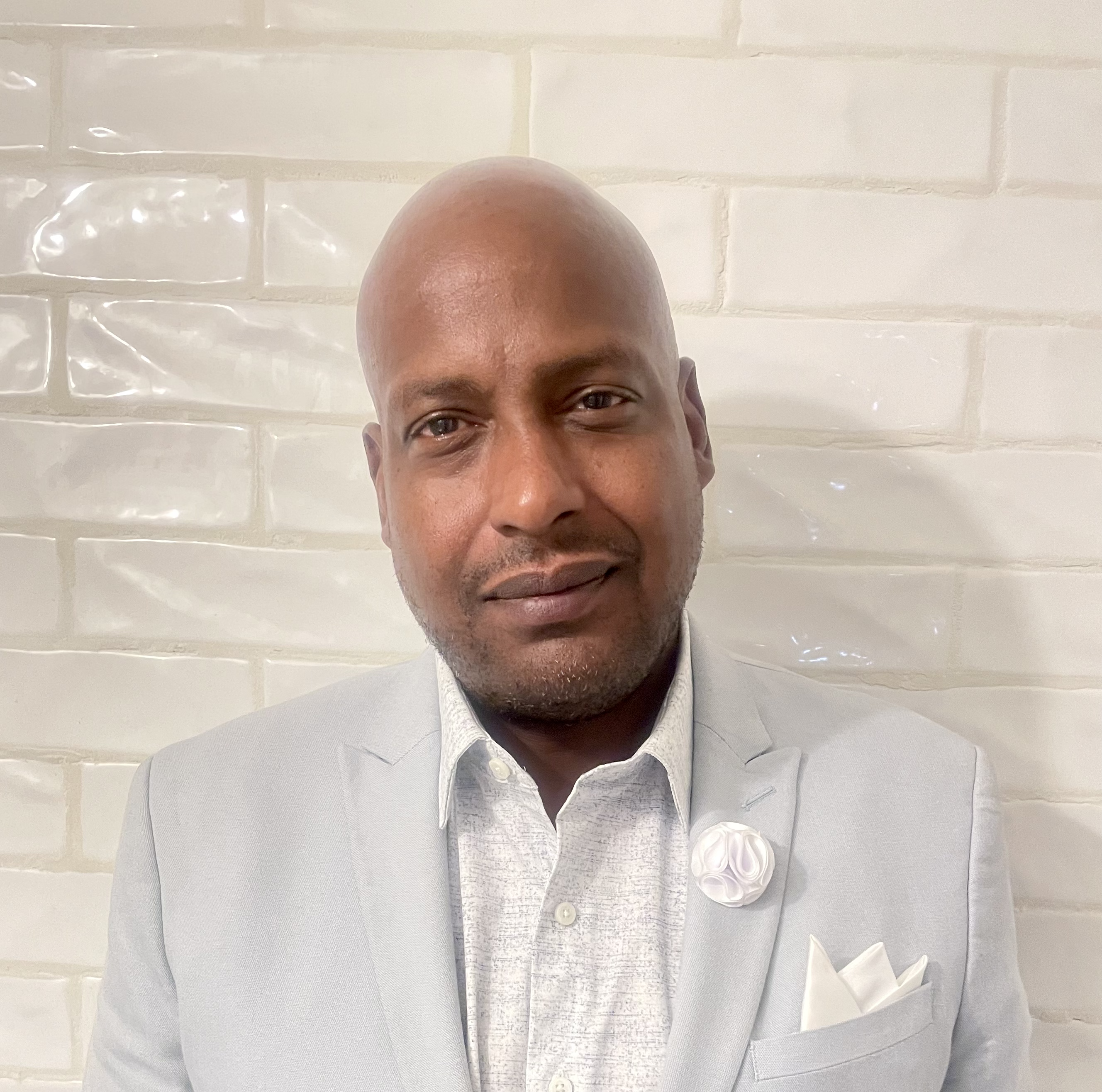
Seitu Stephens
Philadelphia

Mark Sturton
United Kingdom

Pending Traveler
NY

Terry VanEaton
American Samoa
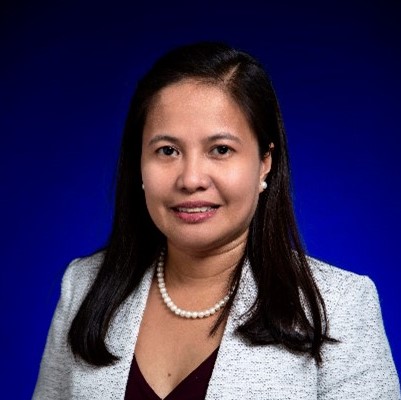
Josephine Villanueva, CPA, CGMA, CGFM, CSAF, SHRM-CP, PMP
Guam

Mizpah Wiegand, CPA
Guam
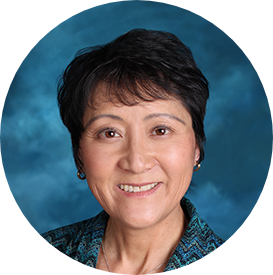
 +1.808.523.1650
+1.808.523.1650








 10 October 2025
10 October 2025  Monique
Monique  September 01, 2021
September 01, 2021 CPEs - 2 Credit Hours
CPEs - 2 Credit Hours Photo Gallery
Photo Gallery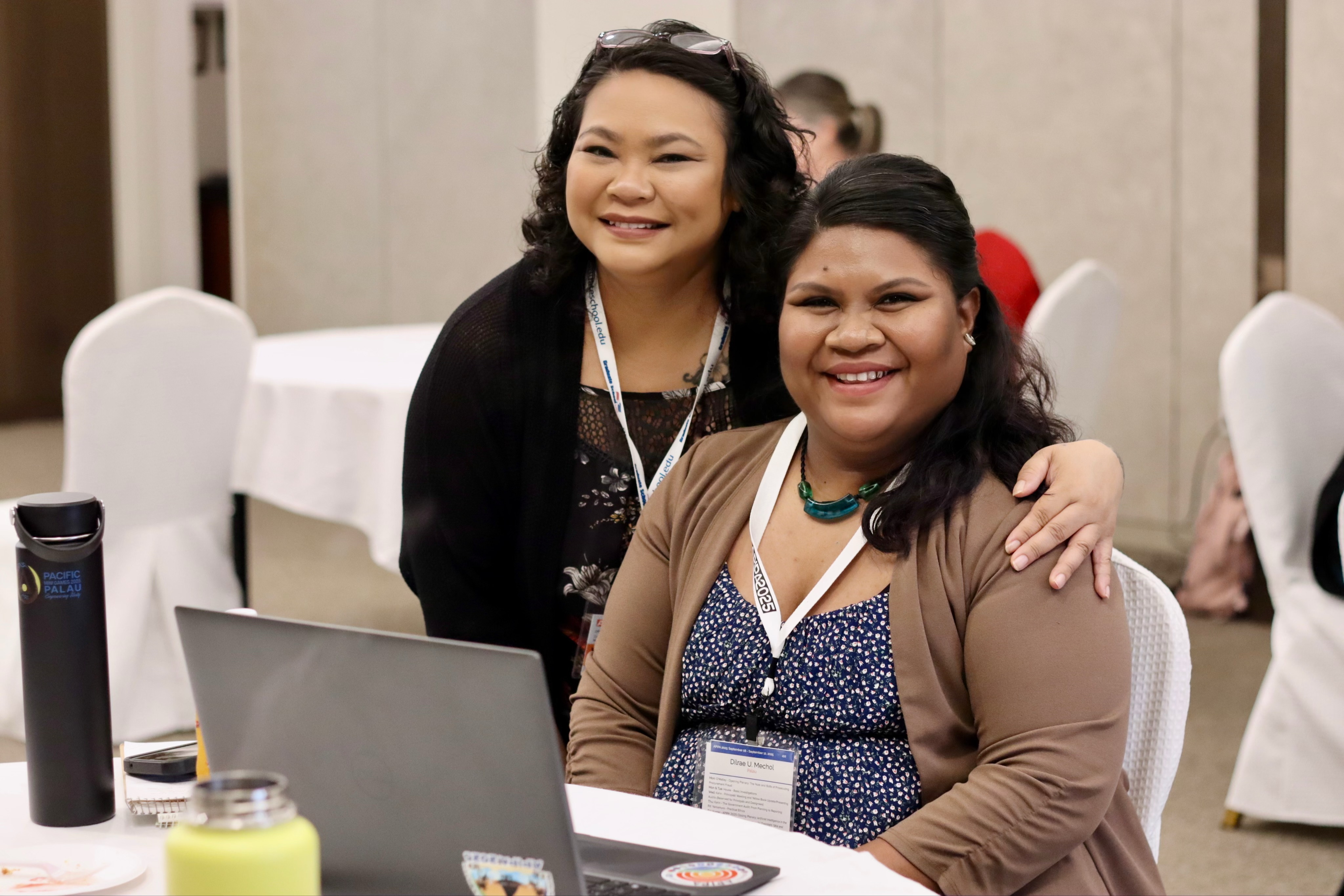
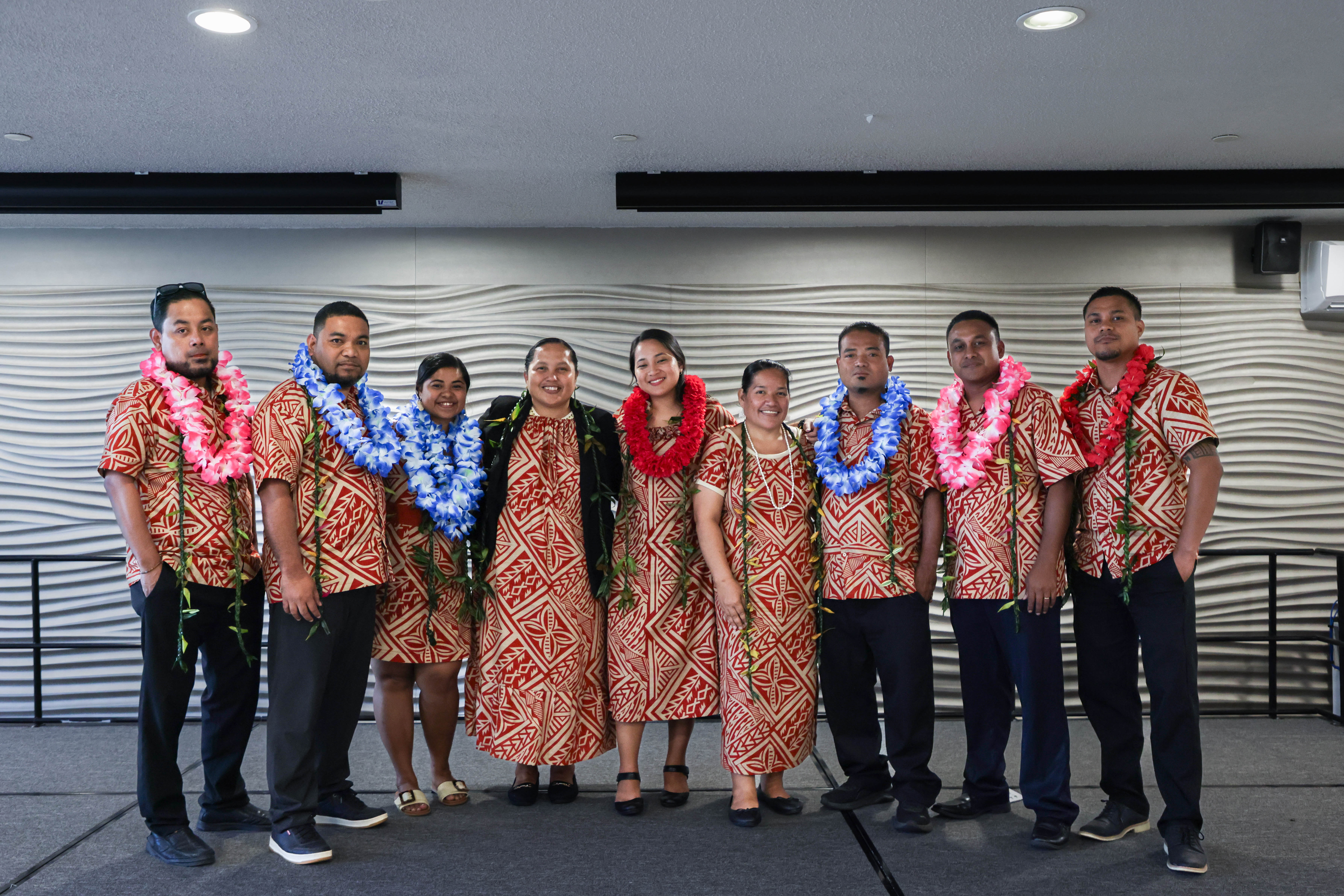

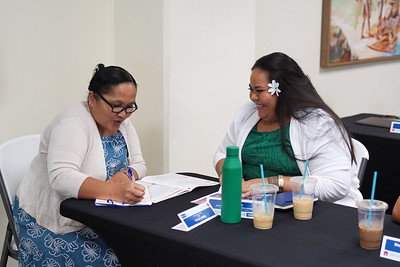
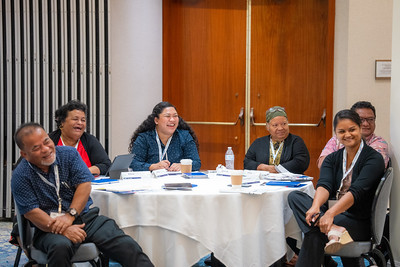
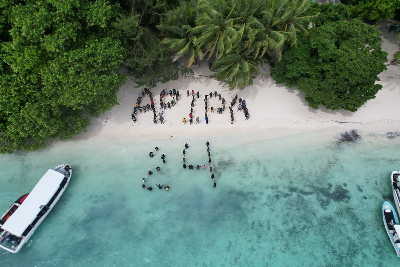
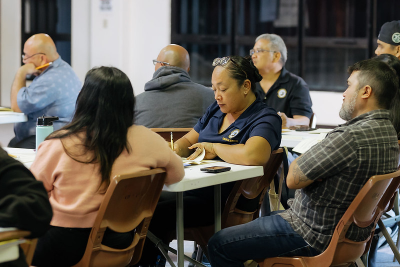
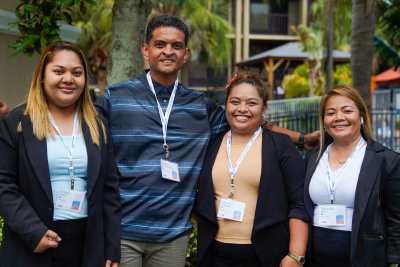
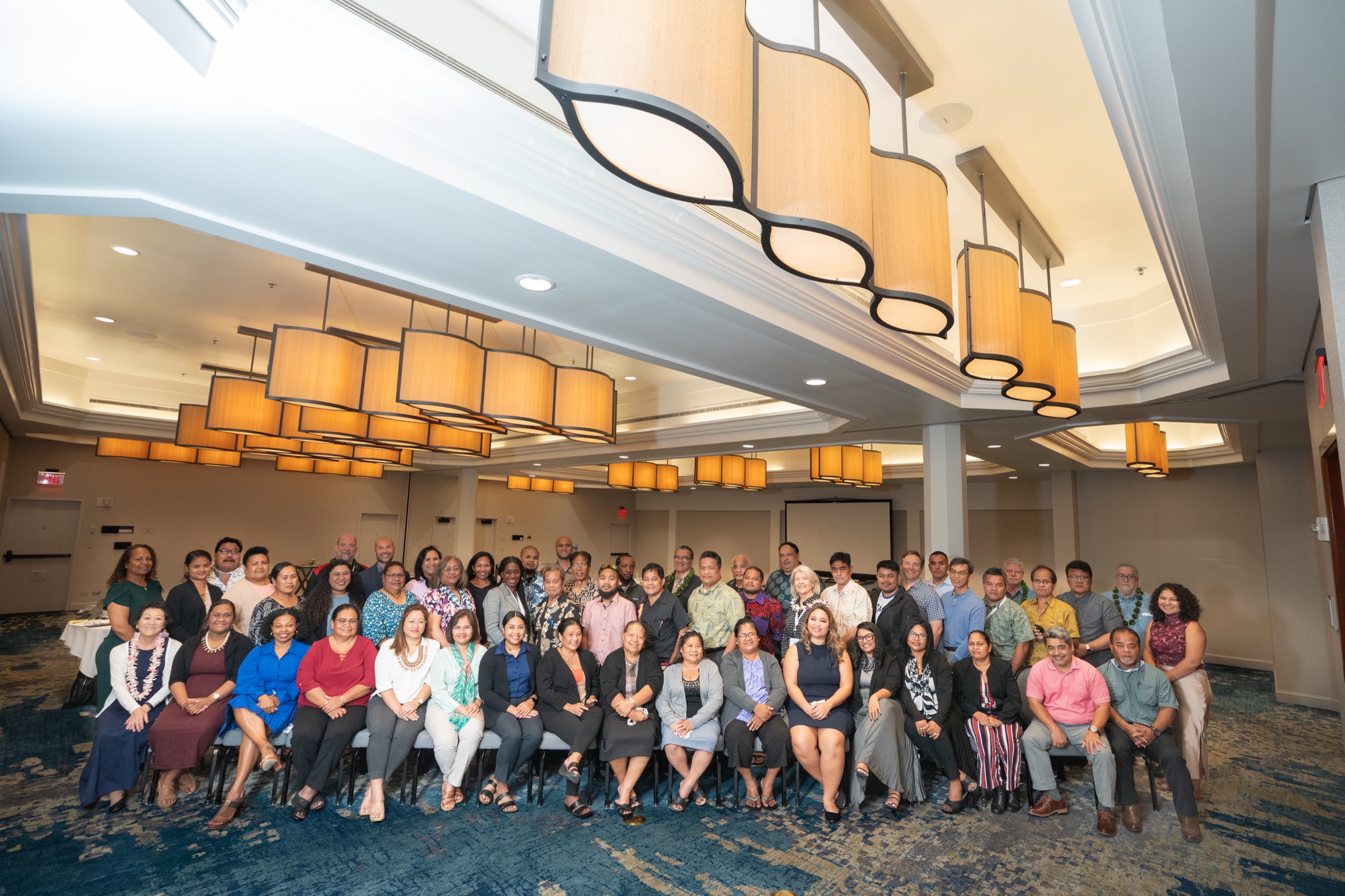


 COMPLETE GALLERY
COMPLETE GALLERY HOME
HOME NEWSROOM
NEWSROOM INITIATIVES
INITIATIVES CONFERENCES
CONFERENCES TRAINING
TRAINING ABOUT PITI-VITI
ABOUT PITI-VITI CONTACT
CONTACT ACCESSIBILITY
ACCESSIBILITY




 +1.808.523.1650
+1.808.523.1650

 900 Fort Street Mall, Suite 1540
900 Fort Street Mall, Suite 1540 
 Reset Password
Reset Password
 Chat
Chat
 Email
Email


 ACKNOWLEDGE
ACKNOWLEDGE READ FULL WAIVER
READ FULL WAIVER